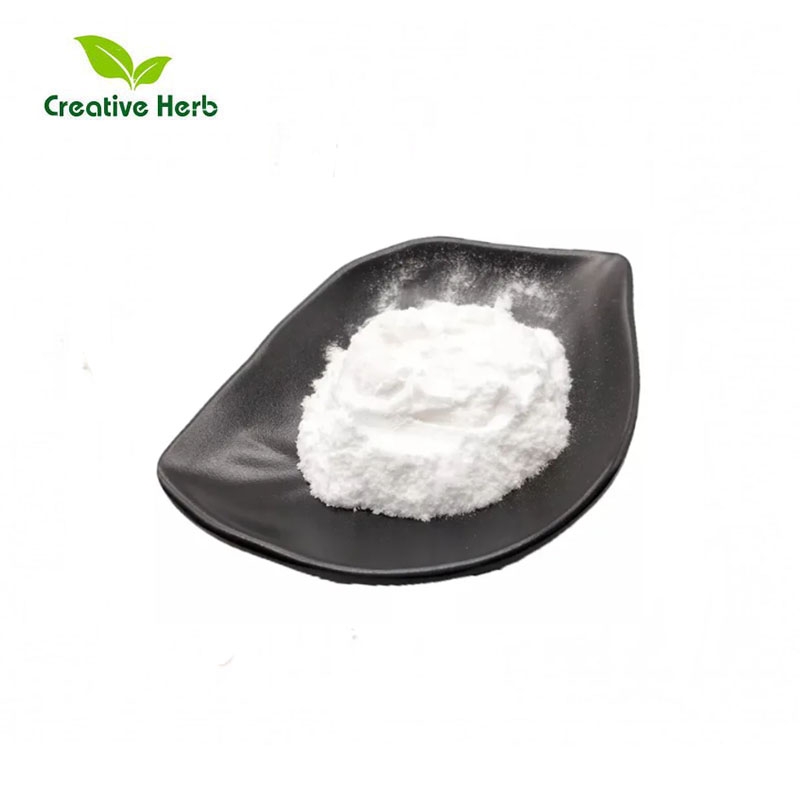Studies reveal the catalytic mechanism of plant triterpene metabolite diversity formation
-
Last Update: 2018-03-19
-
Source: Internet
-
Author: User
Search more information of high quality chemicals, good prices and reliable suppliers, visit
www.echemi.com
There are more than 200000 metabolites with different structures in plants, of which more than 20000 are terpenoids These metabolites not only play an important role in plant growth and development and environmental adaptability, but also are the main active components of traditional Chinese medicine In the process of plant synthesis of triterpenoid metabolites, 2,3-squalene oxide cyclase (OSC) is the key enzyme for the formation of metabolic diversity It can catalyze 2,3-squalene oxide to synthesize more than 100 triterpenoid skeletons with different conformations and structures However, it is not clear how OSC uses the same substrate to produce triterpenoids with different conformations and structures In the previous work, Qi Xiaoquan research group of Institute of Botany, Chinese Academy of Sciences identified japonica rice OSPs, which can synthesize chair boat chair tetracyclic triterpenoid Parker alcohol The team recently found that the enzyme encodes a new, prolific OSC, indica rice alcohol synthetase (Osos), in the homologous gene of indica rice Osos was able to synthesize a new chair half chair chair chair conformation of pentacyclic triterpenoids and 12 different triterpenoids By analyzing and comparing the homologous genes and their functions of two subspecies and their wild relatives from rice, the researchers found that most of the indica and wild rice had the catalytic function of Osos, and OSPs was a new monofunctional triterpene cyclase produced by their wild relatives during the domestication of Japonica rice Using molecular evolution analysis, protein structure simulation, site-specific mutation and catalytic function analysis, the researchers identified three key amino acid sites which have important influence on the conformation and structural change of the product from 46 polymorphic sites The amino acid residues of these sites determine the product and its conformation by affecting the spatial orientation of the fourth amino acid residue (Tyr 257) In this study, several new triterpenoid skeletons with potential activity, including indica rice alcohol, were found, and the catalytic mechanism for the formation of boat and chair triterpenoid skeletons was revealed, which laid a foundation for the creation of specific triterpenoid synthases and the production of commercially valuable triterpenoid active compounds in the future The research results were published online in the international academic journal New physic on March 12 Xue zheyong, associate researcher of Qi Xiaoquan research group and Tan Zhengwei, PhD graduate, are the co first authors of the paper, while Qi Xiaoquan and Anne osbourn, Professor of John Innes Centre in the UK, are the co corresponding authors The research was jointly funded by NSFC, NSFC and BBSRC.
This article is an English version of an article which is originally in the Chinese language on echemi.com and is provided for information purposes only.
This website makes no representation or warranty of any kind, either expressed or implied, as to the accuracy, completeness ownership or reliability of
the article or any translations thereof. If you have any concerns or complaints relating to the article, please send an email, providing a detailed
description of the concern or complaint, to
service@echemi.com. A staff member will contact you within 5 working days. Once verified, infringing content
will be removed immediately.







